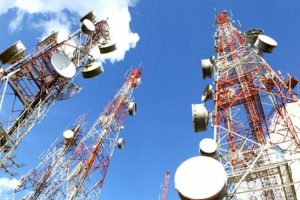
A video of the former presidential candidate, Dr. Gbenga Olawepo-Hashim discussing his ambitious economic plan for Nigeria in 2018 has resurfaced online, six years after it was initially projected.
The resurfaced video has attracted widespread admiration for Hashim’s deep understanding of the country’s economic challenges and his strategic vision for national growth.
In the now trending video, Dr. Olawepo-Hashim outlined a bold strategy aimed at expanding and diversifying Nigeria’s economy to achieve a minimum Gross Domestic Product (GDP) of $4 trillion within a decade.
His economic blueprint emphasised reducing Nigeria’s dependence on oil, leveraging the country’s vast agricultural and solid mineral resources, and boosting industrialization.
“The key to Nigeria’s economic transformation is integrating agriculture and mineral resources with manufacturing. We must create an industrial base that contributes at least 40% to GDP, which will in turn generate millions of well-paying jobs,” Olawepo-Hashim had stated in the video.
He equally highlighted the need to improve Nigeria’s business environment by removing bureaucratic bottlenecks and ensuring policies that attract foreign and domestic investments.
His economic plan also proposed major infrastructural investments, power sector reforms, and policies that would enhance the ease of doing business.
As the video gains traction across social media platforms, many Nigerians are revisiting his ideas, with some expressing regret that such a comprehensive vision was not implemented at the time.
Beyond his 2018 campaign proposals, Olawepo-Hashim has remained active in economic empowerment initiatives.
His foundation, the Gbenga Hashim Foundation, disbursed N100 million in grants to small businesses in Kwara state in 2024, aiming to strengthen grassroots economic development.
With renewed interest in his economic plan, some political analysts suggest that his vision could still serve as a model for Nigeria’s economic revival.





